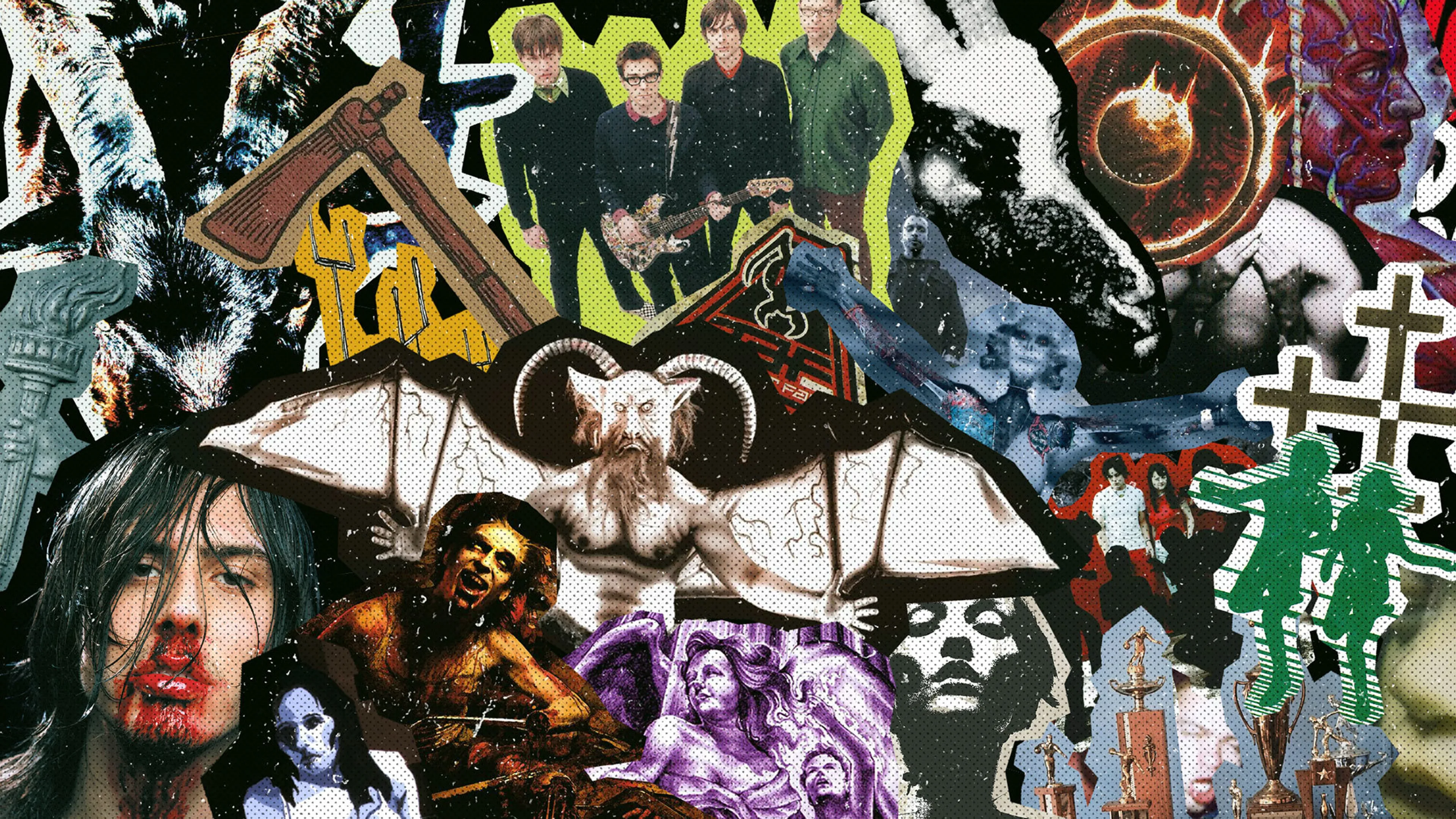2001 was a big year, both for heavy music and the wider world at large. Where the September 11 terrorist attacks in New York, Virginia and the skies above Pittsburgh would trigger a new dark age of western fear and xenophobia, however, music was pushing onwards and upwards. The launch of Apple’s iPod and iTunes Store brought mobile MP3 listening to the masses, while artists were finally fighting free from the worst aspects of nu-metal with a range of alternative sounds that would set the stage for the decades that followed.
Whether that meant Slipknot and System Of A Down taking extreme metal mainstream, blink-182 and Sum 41 making puerile pop-punk a talking-point around suburban dining room tables, Muse and Rammstein experimenting with bold new sounds that would reinvent stadium rock for the 21st century, or Jimmy Eat World and Saves The Day keeping the fire alive for earnest second-wave emo, it was a hell of a time to be a young fan: full of mischief, new cutting edges, and untold possibility.
Looking back, it’s hard to believe quite how many classic albums we simply took in stride…
